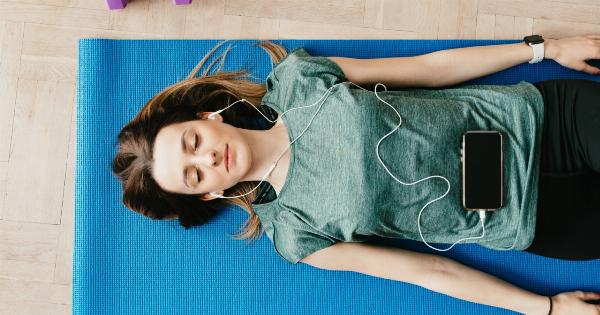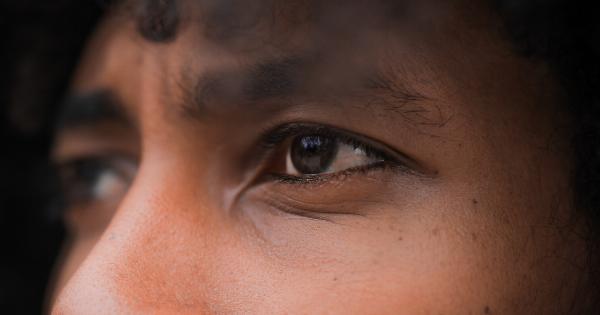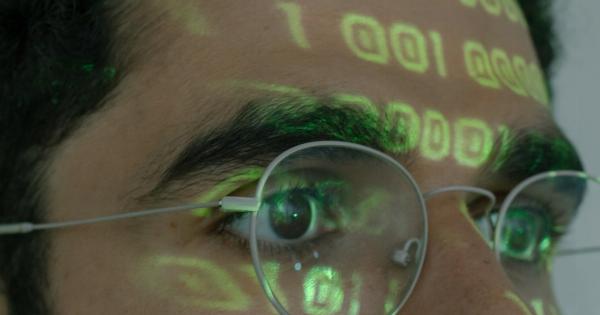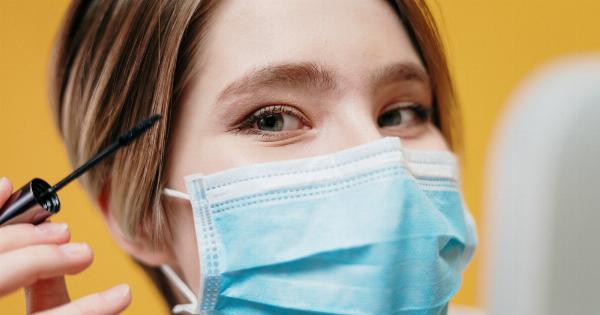Lighting is a critical component in our lives, and it has a significant impact on our overall health and wellbeing. Proper lighting can enhance our mood, boost productivity and even improve our sleep.
However, inadequate lighting can be detrimental to our health, leading to eye strain, headaches, and even cognitive impairment. In this article, we will explore the importance of proper lighting for your health and wellbeing.
1. The Effects of Lighting on Sleep
One of the most significant ways that lighting affects our health is by impacting our sleep. Darkness is essential for signaling the body to release melatonin, the hormone that makes us feel sleepy.
Exposure to bright light, particularly blue light, at night can disrupt this process, making it difficult to fall asleep and stay asleep.
Inadequate lighting can also be a problem for our sleep. It can make it difficult to read or work in bed, which can lead to frustration and sleeplessness. Conversely, excessively bright lighting can be a problem, as well.
It can overstimulate the brain, making it challenging to relax and fall asleep.
2. The Impact of Lighting on Mood
The lighting in our environment can have a significant impact on our mood. Bright, cool-toned lighting can be energizing and uplifting, while warm, dim lighting can make us feel relaxed and cozy. The color temperature of lighting can also impact our mood.
Cooler, bluer lighting can make us feel more alert and awake, while warmer, yellow-toned lighting can be soothing and calming.
Inadequate lighting can also affect our mood negatively. Studies have shown that inadequate lighting can lead to feelings of depression and anxiety.
Poor lighting can also contribute to eyestrain, which can cause headaches and add additional stress to our bodies.
3. The Importance of Lighting for Productivity
Proper lighting is essential for productivity. Adequate lighting can improve focus and attention, making it easier to complete tasks. Proper lighting can also reduce eye strain and fatigue, which can contribute to increased productivity.
Moreover, adequate lighting can improve workplace safety and reduce the risk of accidents.
Inadequate lighting, on the other hand, can have the opposite effect. It can lead to fatigue, eyestrain, and reduced productivity, which can impact both the individual and the organization.
4. How to Ensure Proper Lighting
To ensure proper lighting, we need to pay attention to both the amount and quality of light in our environment. Natural daylight is the best source of lighting, but when natural light is not available, we need to rely on artificial lighting.
Here are some tips for ensuring proper lighting:.
- Use task lighting for specific activities such as reading, cooking or working
- Use overhead lighting to provide general illumination
- Use dimmer switches to adjust the light levels according to your needs
- Avoid harsh, flickering lighting that can strain your eyes
- Choose light bulbs that emit a warm white light, rather than a cool blue light
5. Conclusion
Proper lighting is critical for our health and wellbeing. It impacts our sleep, mood, and productivity. Therefore, we should pay attention to the lighting in our environment and take steps to ensure that it is adequate and appropriate for our needs.


























